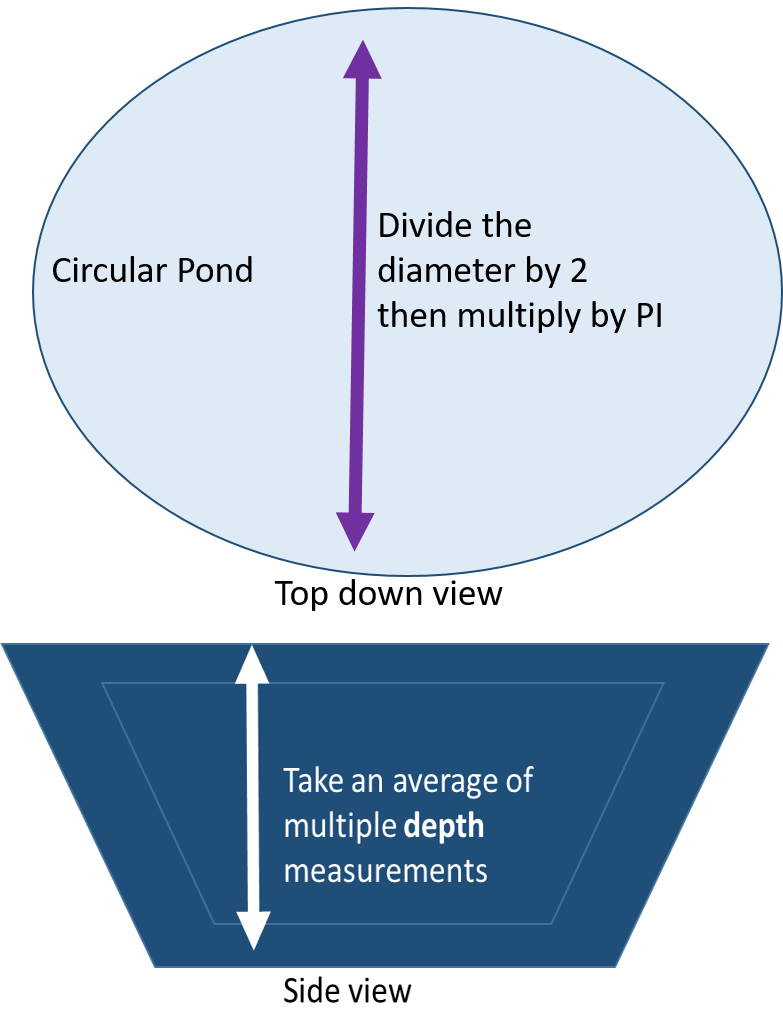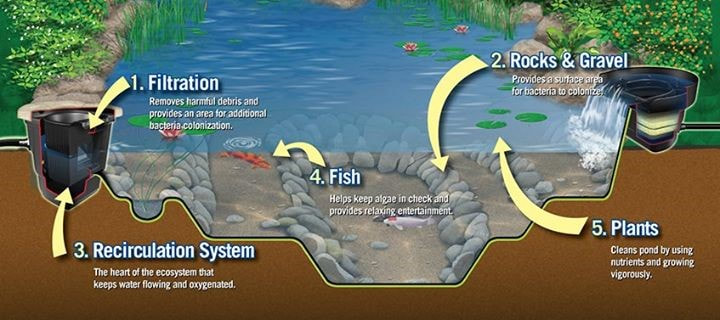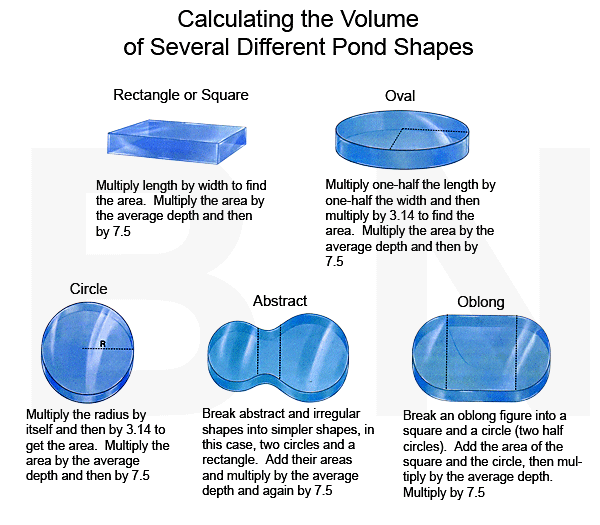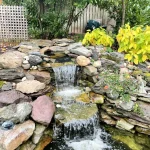Have you ever wondered how many gallons of water your pond holds? Knowing the volume of water in your pond is essential for maintenance, stocking fish, and adding pond treatments. In this guide, we will walk you through the simple steps to calculate the gallons in your pond accurately.
Step 1: Measure the Dimensions of Your Pond
The first step in determining the gallons in your pond is to measure the dimensions accurately. Measure the length, width, and average depth of your pond in feet. If your pond has irregular shapes, you can divide it into sections and measure each part separately.
Here is how you can calculate the average depth of your pond:
| Section | Depth (feet) |
|---|---|
| Shallow End | 2 |
| Deep End | 4 |
To find the average depth, add the depths of the shallow and deep ends and divide by 2. In this example, the average depth would be (2 + 4) / 2 = 3 feet.
Step 2: Calculate the Surface Area of Your Pond
Once you have the dimensions of your pond, you can calculate the surface area. Use the formula for the area of a pond:
Surface Area = Length (feet) x Width (feet)
For example, if your pond is 20 feet long and 15 feet wide, the surface area would be 20 x 15 = 300 square feet.
Step 3: Determine the Volume of Your Pond
To calculate the volume of water in your pond, you will need to multiply the surface area by the average depth:
Continuing with the example, if the surface area is 300 square feet and the average depth is 3 feet, the volume would be 300 x 3 = 900 cubic feet.

Credit: www.canr.msu.edu
Step 4: Convert Cubic Feet to Gallons
Now that you have the volume in cubic feet, you can convert it to gallons. One cubic foot is equal to approximately 7.48 gallons of water. Therefore, to convert cubic feet to gallons, use the following formula:
Using the previous example, if the volume is 900 cubic feet, the calculation would be 900 x 7.48 = 6,732 gallons.

Credit: www.dreamscapeswatergardens.com
Step 5: Consider Additional Factors
It’s important to note that the above calculations provide an estimate of the gallons in your pond. Factors such as irregular shapes, slopes, and varying depths can affect the accuracy of the calculation. For a more precise measurement, consider using a water meter or consulting with a professional.
Conclusion
Calculating the gallons in your pond is a straightforward process that requires accurate measurements and simple calculations. By following the steps outlined in this guide, you can determine the volume of water in your pond with ease. Remember to factor in any irregularities in your pond for a more accurate estimation of the gallons. Regularly monitoring the volume of water in your pond is essential for maintaining a healthy aquatic environment for plants and fish.




